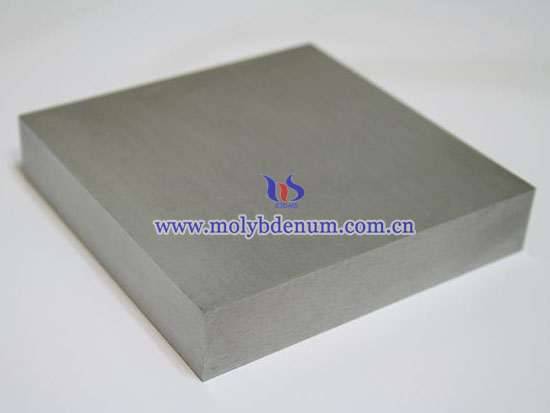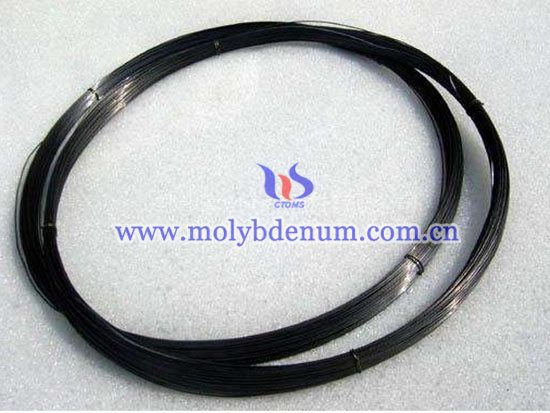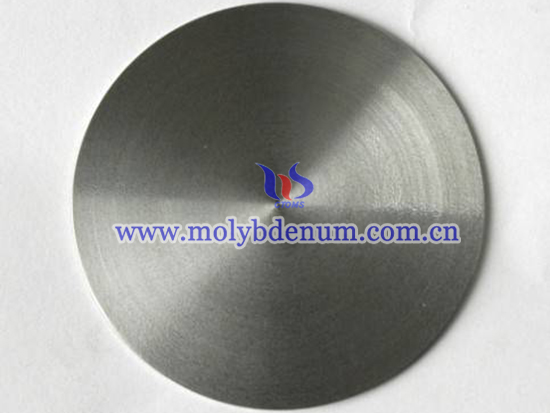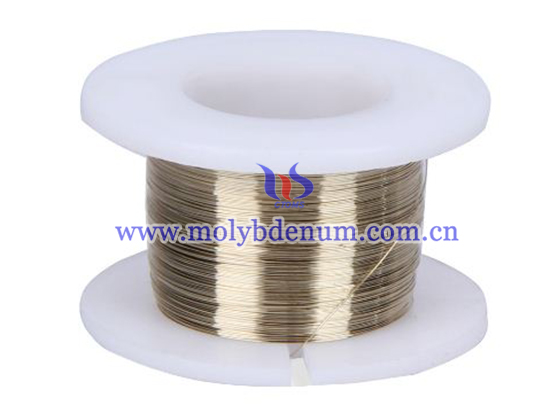Molybdenum Copper Carrier

A molybdenum copper (MoCu) carrier is a composite material made from molybdenum and copper, typically used in high-performance applications where thermal management, structural stability, and electrical conductivity are critical. The term "carrier" in this context usually refers to its role as a substrate or base material in electronic devices, such as semiconductor packages, heat sinks, and other components that require effective heat dissipation and mechanical strength.
Key Characteristics:
1.Thermal Conductivity: Molybdenum copper carriers offer good thermal conductivity, making them effective at dissipating heat away from high-power electronic components.
2.Coefficient of Thermal Expansion (CTE): The CTE of MoCu is tailored to closely match that of silicon, ceramic, or other materials commonly used in semiconductor devices, reducing the risk of thermal stress and improving the reliability of the component.
3.Electrical Conductivity: While not as conductive as pure copper, MoCu carriers still offer adequate electrical conductivity for many electronic applications.
4.Mechanical Stability: Molybdenum provides mechanical strength and rigidity, while copper contributes to thermal and electrical properties, making the composite suitable for environments where stability and durability are essential.
Applications:
1.Heat Sinks: MoCu carriers are commonly used as heat sinks in power electronics, LEDs, and laser diodes, where efficient heat removal is necessary to maintain performance and prevent overheating.
2.Semiconductor Packages: In semiconductor packaging, MoCu carriers act as the base or substrate that supports the semiconductor die, providing both thermal management and structural support.
3.RF and Microwave Devices: These carriers are used in radio frequency (RF) and microwave devices, where their thermal and electrical properties help maintain signal integrity and device performance.
Advantages:
1.Customizable Properties: The composition of molybdenum and copper can be adjusted to achieve specific thermal, electrical, and mechanical properties, depending on the application requirements.
2.Compatibility: The compatibility of MoCu with other materials used in electronics reduces the risk of thermal mismatch and enhances the longevity of the devices.





